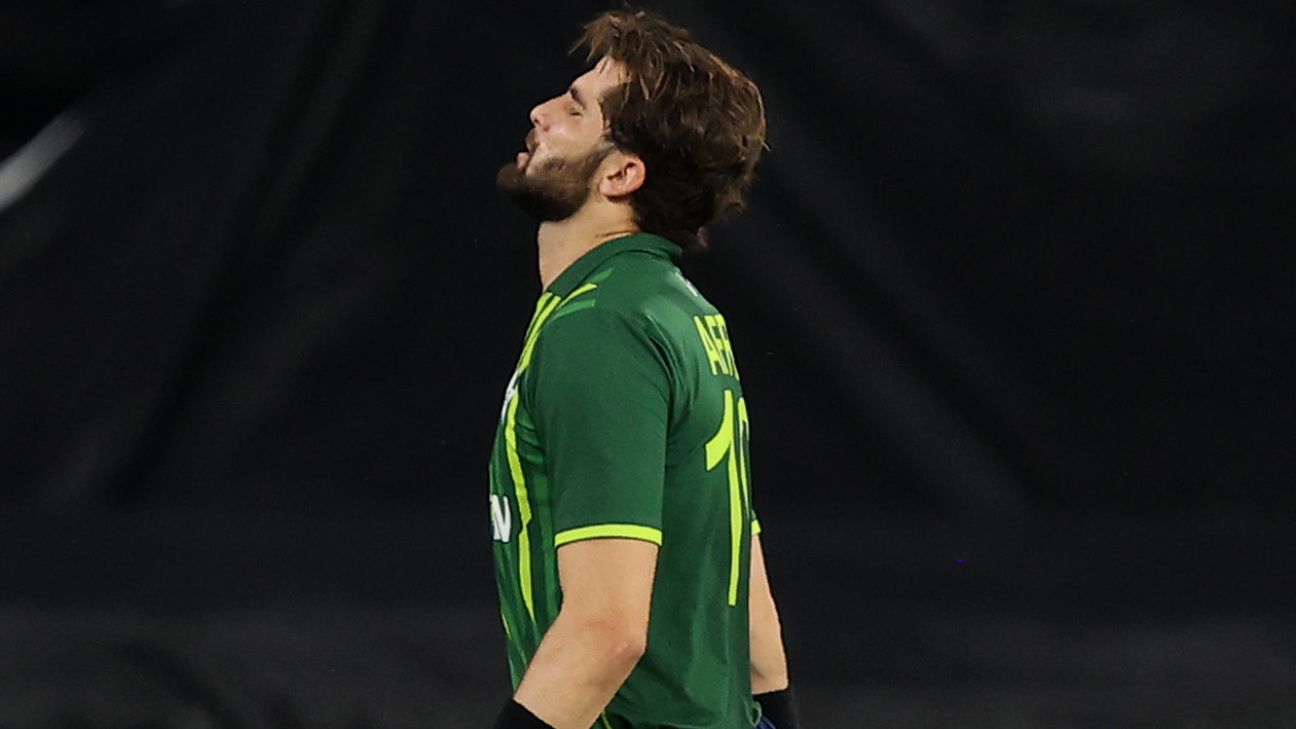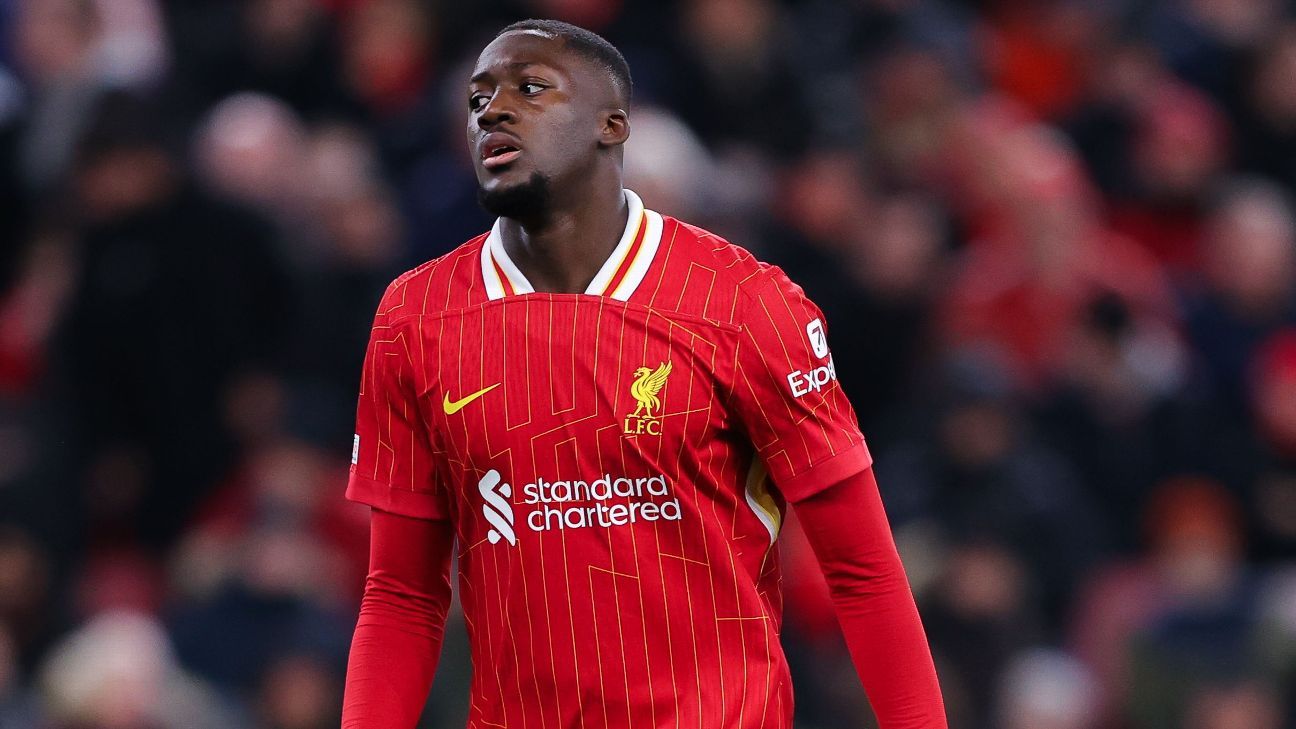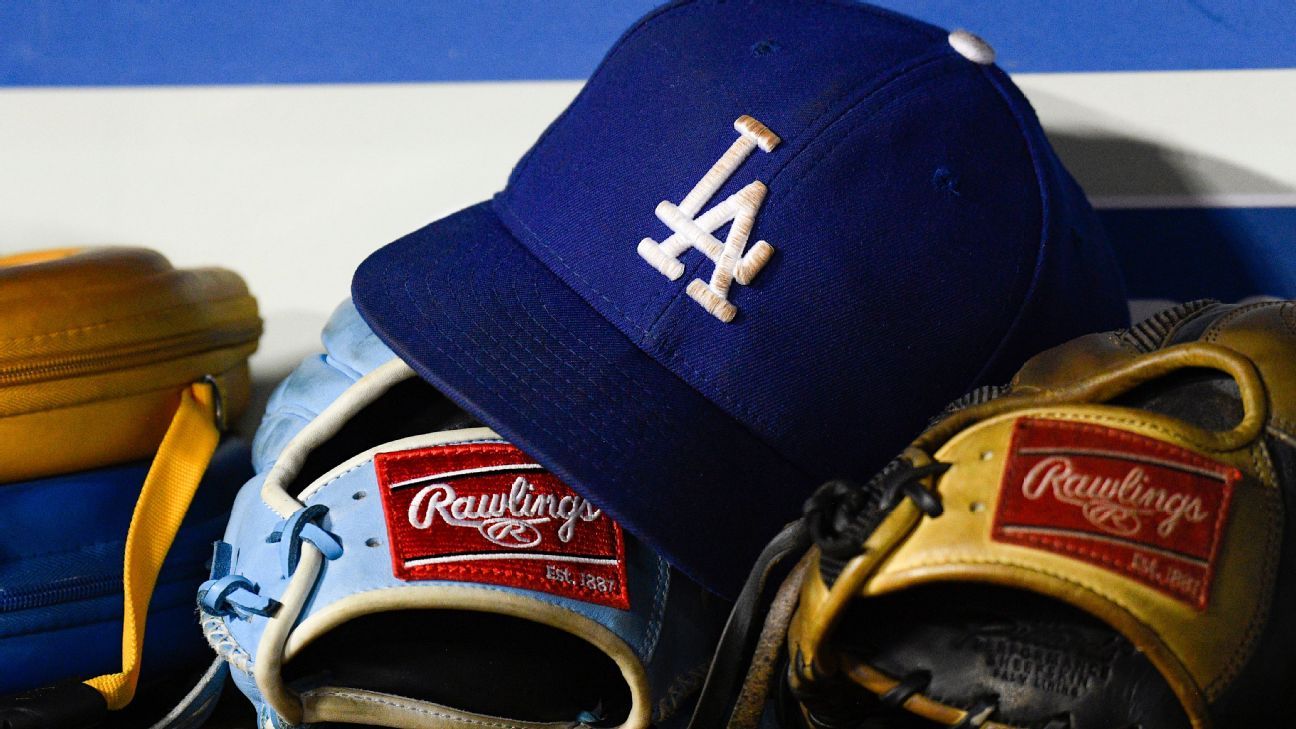
His rehab was completed in time for the World Cup, and he started Pakistan's campaign at the marquee tournament slowly, feeling his way back into rhythm. By the time of the final, he appeared to be back, reflected in returns of 4 for 22 against Bangladesh, 3 for 14 against South Africa, 3 and 24 in the semi-final against New Zealand, and 1 for 13 in the final against England until the injury. With 11 wickets, he was Pakistan's joint-highest wicket-taker in the competition.
As with the original injury, this one occurred while he was fielding during the 13th over of England's chase. On this occasion in the final at the MCG, he ran in from long-off to hold on to a sharp chance from Harry Brook. As he slid low to hold on, he injured the knee and was immediately in some pain. He was helped off the field by the team physio and doctor. He returned an over later, ran in gingerly to send down one delivery, but couldn't carry on.
The PCB's handling of Afridi's injury was questionable, and came in for criticism from various quarters. After the Sri Lanka Test series, he travelled with the team to the Netherlands for a three-match ODI series in August, with the hope that he would recover while on tour. That didn't pan out as expected, as swelling on his knee got worse, and the PCB announced then that he would be out for four-to-six weeks.
But he travelled with the to the UAE for the Asia Cup as well, as another attempt was made to get his rehab going. But medical scans and reports confirmed a posterior cruciate ligament injury and it was eventually decided that he would travel to the UK for further rehab and work with doctors on the PCB medical panel, Zafar Iqbal and Imtiaz Ahmed. He missed the Asia Cup as well as the seven-T20I home series against England in September.















 Phone: (800) 737. 6040
Phone: (800) 737. 6040 Fax: (800) 825 5558
Fax: (800) 825 5558 Website:
Website:  Email:
Email: 






